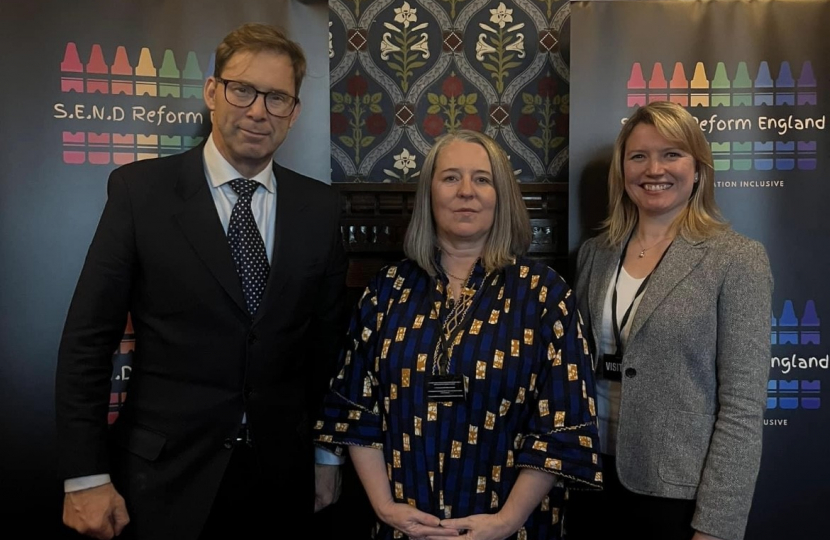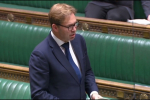BCP Council has proposed a raid on School Budgets to plug its deficit in the Dedicated Schools Grant.
To mitigate its overspend in High Needs, BCP Council has put forward a proposal to Government to reduce its deficit in the Dedicated Schools Grant (DSG), by raiding school budgets over the next 15 years.
What is the issue
- When BCP Council was formed in 2019 it had a small accrued deficit in the Dedicated Schools Grant (DSG) from the predecessor councils totalling £3.6m. Despite numerous plans and direct DfE assistance, BCP Council remains unable to manage its budget and the deficit has rocketed.
- The Council is currently predicting a £63m deficit by March 2023 and in excess of £90m by March 2024 and consequently have now put forward a proposal to Government to join the Safety Valve intervention programme, which sees the Council raid school budgets over the next 15 years to help mitigate its overspend.
- School Leaders have publicly called out this proposal as it will directly impact their ability to deliver the education provision in their own budgets and in some schools the effect will reduce their funding below the Minimum Per Pupil Funding Level (MPPFL).
- It will make Education Health & Care Plans harder for parents to obtain and Heads have said that they have no faith in the Council's ability to manage the DSG, whether or not, they are part of Safety Valve.
How are schools funded
- The Dedicated Schools Grant (DSG) is allocated by the Dept. for Education through 4 separate funding blocks – Early Years, Schools, High Needs, and Central School Services.
- Each funding block has its own National Funding Formula (NFF), a fair and transparent methodology to allocate funding to the local authority for the schools and children in its area.
- These budget are agreed with the school leaders through the Schools Forum, who will understandably resist any attempt to raid their funding as they will have prepared their own budgets to meet their needs on the assumption that schools will receive the MPPFL.
- Special educational needs and disabilities (SEND) funding is separate from the schools’ national funding formula (NFF) with its own formula for allocation.
- Local authorities then allocate this independent budget to Mainstream Schools as a top-up to standard school funding or Specialist Alternative Provision.
How much is invested in Education
- In 2019 PM Boris Johnson announced the largest cash boost to schools in a generation - a £14bn investment in primary and secondary school education over 3 years.
- £780m of this extra funding was earmarked to increase the overall size of the High Needs Block - a 12% increase on the previous year, and the biggest increase since this funding system was set up in 2013.
- High needs funding is increasing by a further £440m for 2024/25, following the £970m increase in 2023/24, £1bn in 2022/23 and £730m in 21/22. This brings the total high needs budget to £10.54 bn – an increase of over 60% since 2019-20.
How is the money spent
-
The council receives the ring-fenced Dedicated Schools Grant (DSG) to fund the separate early years and mainstream schools funding formulae and passes this on to schools as regular payments. Schools manage their own budgets predicated on the money they expect to receive from the council in accordance with the NFF.
-
The high needs block funds the costs of meeting the needs of individual pupils through top up funding for those in mainstream schools and funding for pupils in special schools and other specialist providers. The responsibility for expenditure from the high needs block lies with the local authority. Any overspend results in a DSG deficit.
-
High needs funding to BCP Council increased by almost 10% for the current financial year to a total of £59.4m, but the Council has exceeded its spending by a further £27m. It is this mismanagement of the budget that has created such a large deficit and led to school leaders publicly stating that they have no confidence in BCP Council's ability to manage the DSG.
What needs to be done
-
Fundamental to reducing the funding gap is the need to create more local special school places (perhaps through a building programme), earlier intervention & Improve SEND support in mainstream schools to reduce escalation of need.
-
BCP has failed to take timely and effective action on its overspend and must look to its own high needs systems and processes to improve its efficiency. At the heart of this is accurate and fair EHCP's based around the child's needs, not that of the local authority.
-
A good start to not wasting the SEND budget would be to stop forcing parents to court or defending appeals from parents (90% of which BCP lose) who are simply asking the council to fulfil it's statutory obligations and adhere to the SEND Code of Practice. This is taking around half a million a year out of SEND funding plus the cost of administration and rework.
What has Tobias done
- Met with school leaders, parents and local groups to better understand the issues and how children, families and schools are negatively affected by the Council's actions.
- Asked a question in Parliament highlighting concerns with the Local Authority using SEND funding to take parents to court and will be meeting to discuss this and other issues with the minister.
- Written to the Chief Executive of BCP Council seeking assurance that the Council will fulfil its statutory obligations and follow the SEND Code of Practice, and meet with school leaders in an open and transparent discussion about budgets.
- Written to and met with the Secretary of State to bring the actions of BCP Council to her attention and asked for Safety Valve negotiations to be paused pending open scrutiny.





